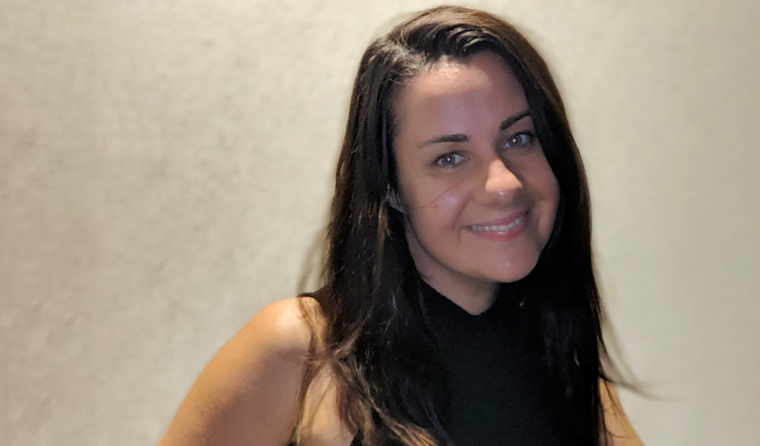News
General practice registrar laments slow rate of change for junior doctors
More than two years after her open letter on the state of medical training in Australia went viral, Dr Sonia Henry says the same problems still exist.
 The medical training landscape in Australia still contains stories about toxic workplaces and ‘powerless, embarrassed and frustrated’ staff.
The medical training landscape in Australia still contains stories about toxic workplaces and ‘powerless, embarrassed and frustrated’ staff.
In her 2017 letter, originally published anonymously, Dr Sonia Henry exposes what she calls ‘the profession’s shameful and disgusting open secret’.
She was referring to suicide – and the working environment that contributes to it.
‘In the year it has taken for me to finish my medical residency as a junior doctor, two of my colleagues have killed themselves,’ Dr Henry wrote.
‘In the cutthroat, often brutalising culture of medical or surgical training many doctors stay stoically mute in the face of daily, soul destroying adversity; at the worst case, their loudest gesture is deafeningly silent – death by their own hand.
‘When I think about all the things I have learned at the end of my residency, one stands out very clearly. There is something rotten inside the medical profession that has been festering for a long time with no realistic cure.’
Dr Henry specifically highlights the stoicism expected of trainees (‘weakness in medicine is a failing’), long hours, poor financial remuneration, discouragement to claim overtime, and extreme shortage of training places as factors that can have a tragically detrimental impact on the mental health of junior doctors.
However, despite increased awareness around the importance of mental health, and studies recognising burnout as a medical condition, the medical training sphere remains littered with stories about toxic workplaces and ‘powerless, embarrassed and frustrated’ staff.

‘In the year it has taken for me to finish my medical residency as a junior doctor, two of my colleagues have killed themselves,’ Dr Sonia Henry wrote in a 2017 open letter.
Dr Henry, who initially trained in hospitals before transitioning into general practice, told newsGP that while positive interventions have been made in relation to doctors’ mental health, more needs to be done.
‘I’m not a politician, but I think we all recognise the need for more training spots, destigmatisation of doctors seeking help for their mental health, reduction in unpaid overtime, and a zero-tolerance policy towards bullying, harassment, and sexism,’ she said.
Yet, while she believes it will take a ‘total paradigm shift’ to enact cultural change within the profession, there are still many aspects of being a general practice registrar that Dr Henry loves.
‘The system needs positive change as a matter of urgency and I’m happy to advocate for this … [but] some of the best friends I’ve made [have been] throughout training and I will never forget the kindness I experienced from some of my senior doctors,’ she said.
‘There are good and bad things about working in hospitals, just as there are good and bad things about being a GP. What I enjoy about general practice is the greater autonomy and continuity of patient care. I also love the direct one-on-one patient contact.
‘I would love to be a GP who specialises in the wellbeing of my colleagues in medicine, as I think we all need a safe space to go and another clinician we can speak to who won’t judge us.’
Being a GP has also allowed Dr Henry the time to pursue other outside interests, such as writing her new book Going Under – a fictionalised account of life as a junior doctor.
‘Whilst my main character of Kitty, a junior doctor struggling through her internship is made up, I found it incredibly therapeutic to write down her thoughts and feelings, and appropriate to some of the experiences I was having into this fictional world and context,’ she said.
‘It’s very dark in parts, but there’s also light, and I think a sense of the importance of friendship in high stress environments, which was such a gift to sit down and reflect upon.’
junior doctor mental health registrar
newsGP weekly poll
As a GP, do you use any resources or visit a healthcare professional to support your own mental health and wellbeing?